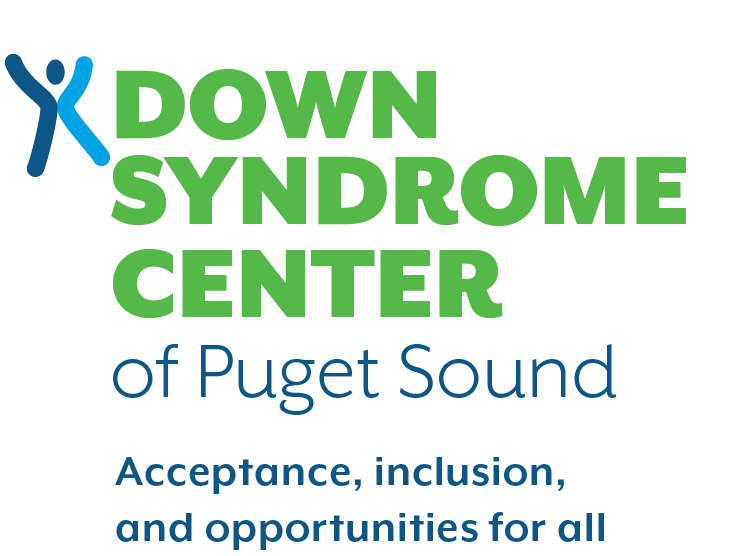
Education/IEP
Informed, involved parents are the best educational advocates for their children with Down syndrome. Educational advocacy is an incredibly important job for parents, and it can be a very challenging one. It is important for parents to build and maintain strong and positive relationships with anyone who plays a role in educating their child. When parents and educators work together, children are most successful.
Here are some helpful resources for the parents of school-age children with Down syndrome:
IEPs
Parents, educators, advocates and attorneys go to Wrightslaw for accurate, reliable information about special education law, education law, and advocacy for children with disabilities.
The IEP Toolkit was created by the Educational Coordinator at Cincinnati Children’s Hospital Medical Center to help families of children with Down syndrome become knowledgeable, prepared and empowered partners in the IEP process.
Inclusion
The practice of welcoming, valuing, empowering and supporting diverse academic and social learning among students of all abilities is called inclusive education.
The Massachusetts Down Syndrome Congress’ Education Task Force created a guide, Meaningful Inclusion for Students with Down Syndrome—a Resource Guide for Elementary Educators that provides a comprehensive look at the learning profile of students with Down syndrome, as well as information on best practices and educational considerations that are based upon research-proven best practices.
More information on inclusion and education can be found at NDSS including the “Get to Know Me” lesson plan for raising awareness and promoting inclusion among elementary age kids.
Local Government Resources
The Office of the Education Ombuds (OEO) can help you protect the educational rights of your child in public schools. OEO resolves complaints impartially and confidentially and works with all parties involved to find collaborative solutions focusing on the student’s best interests and academic success.
